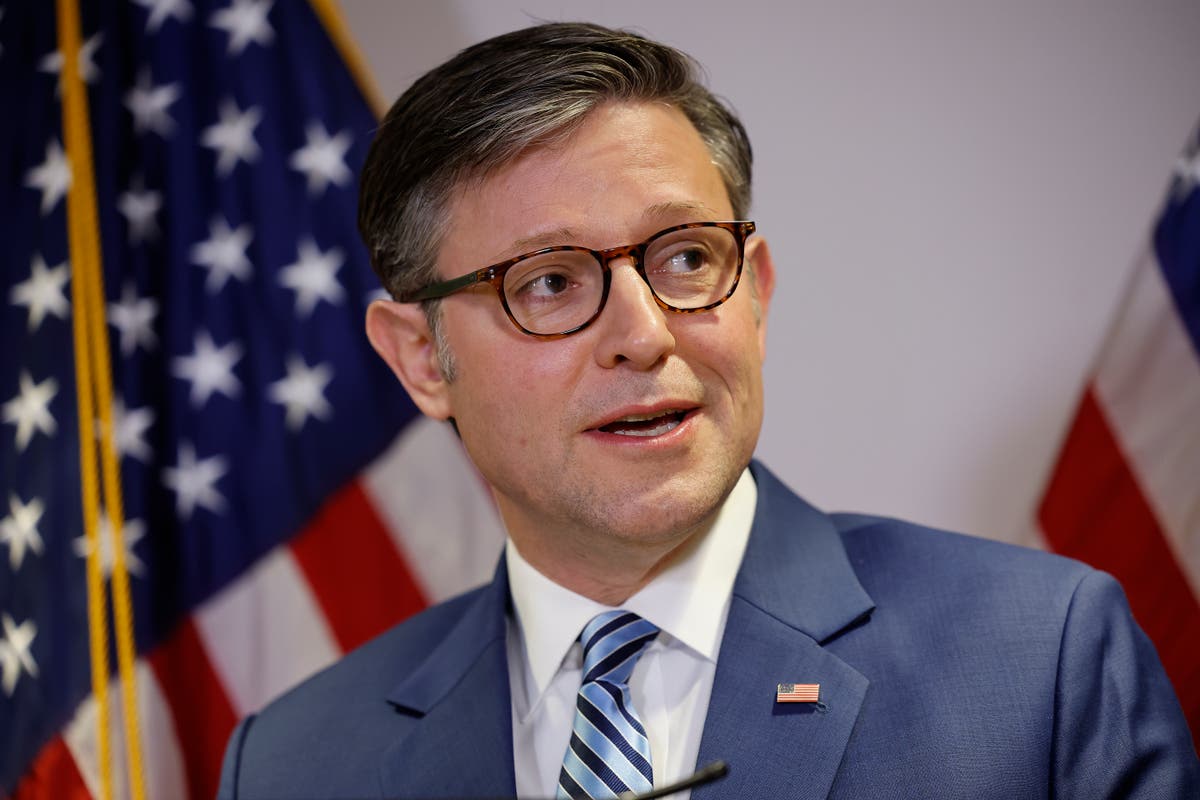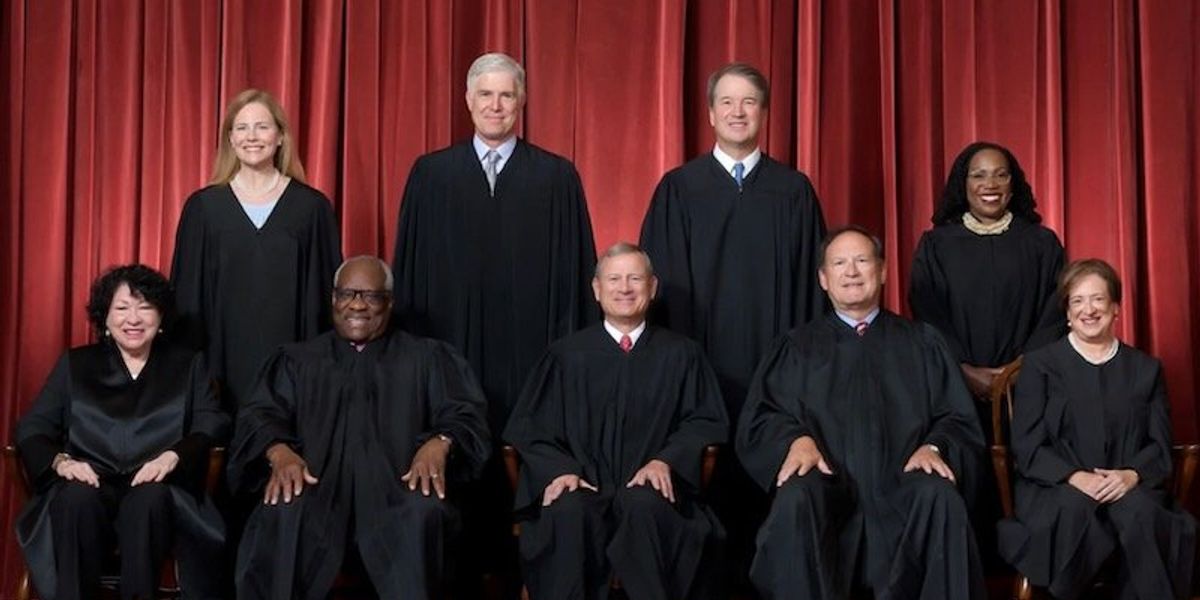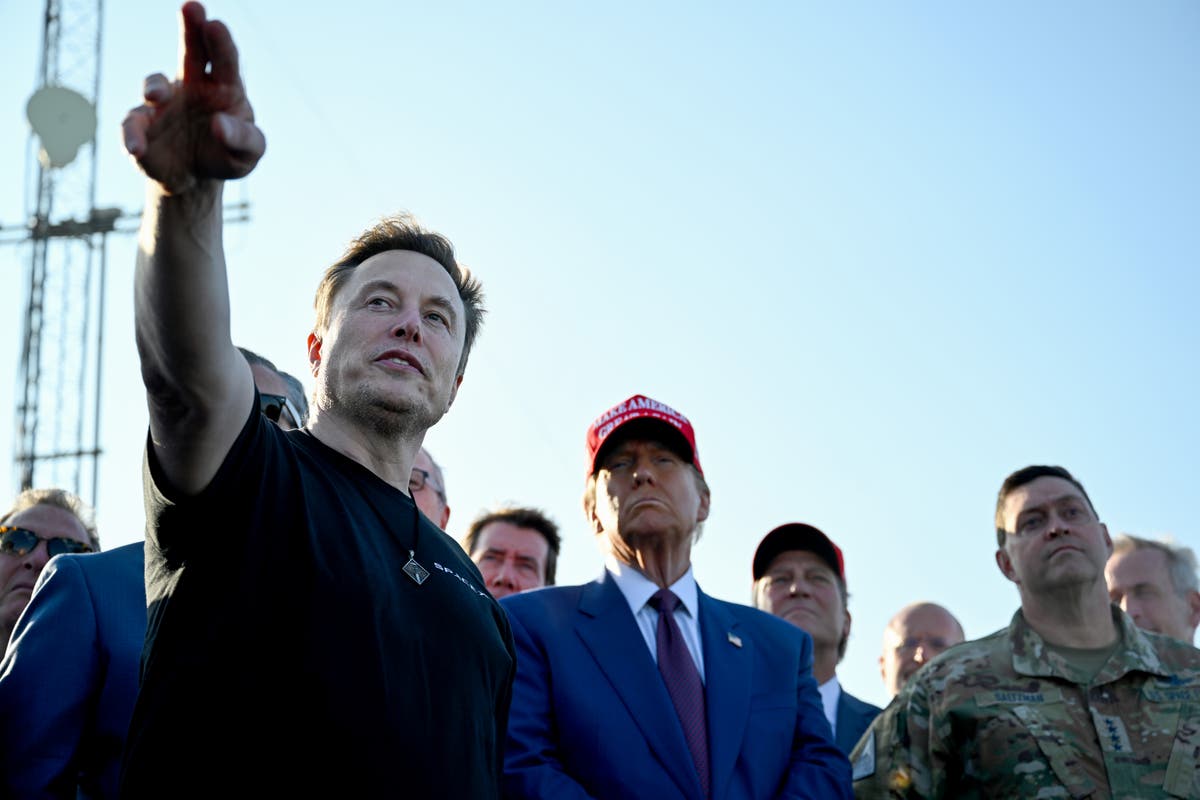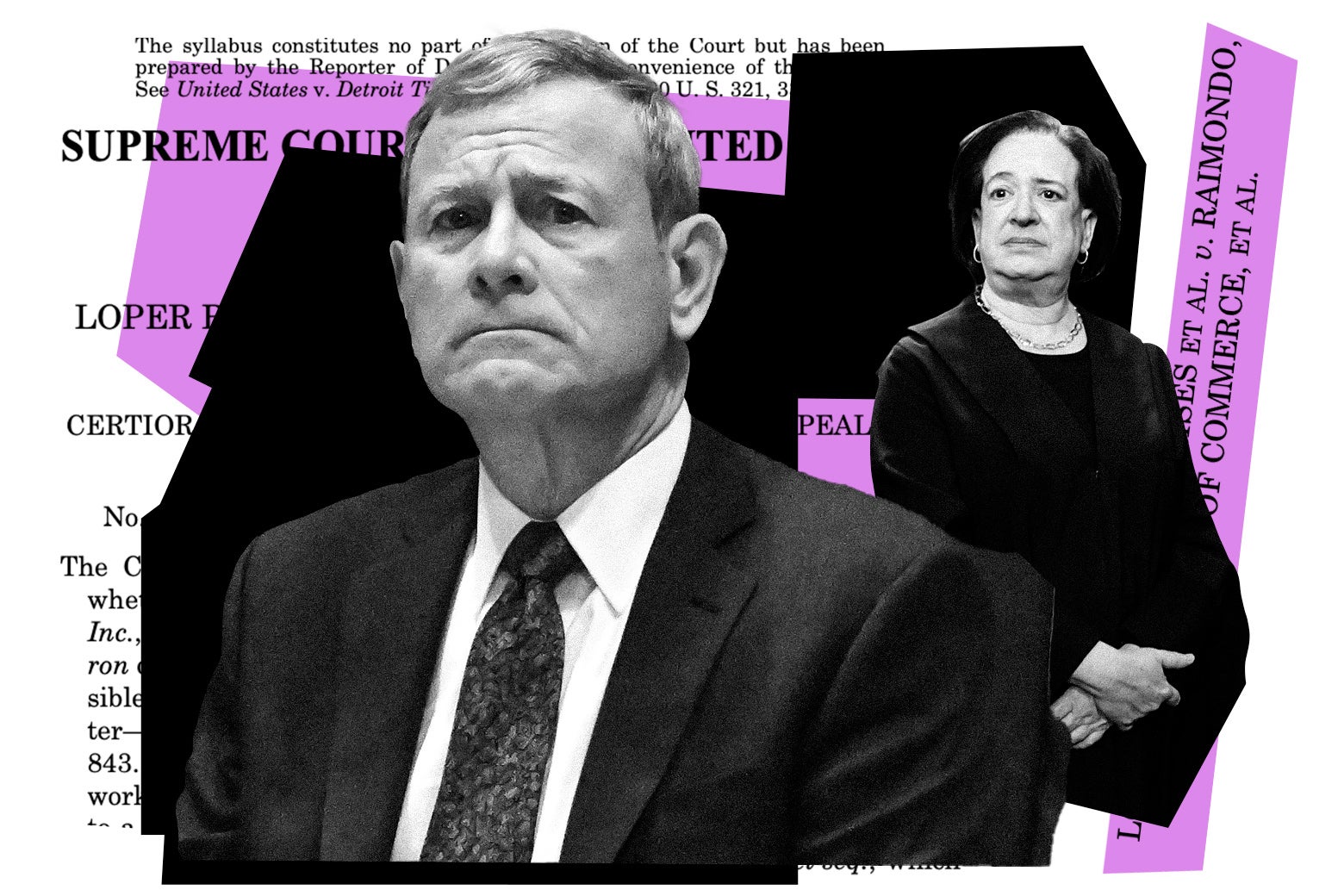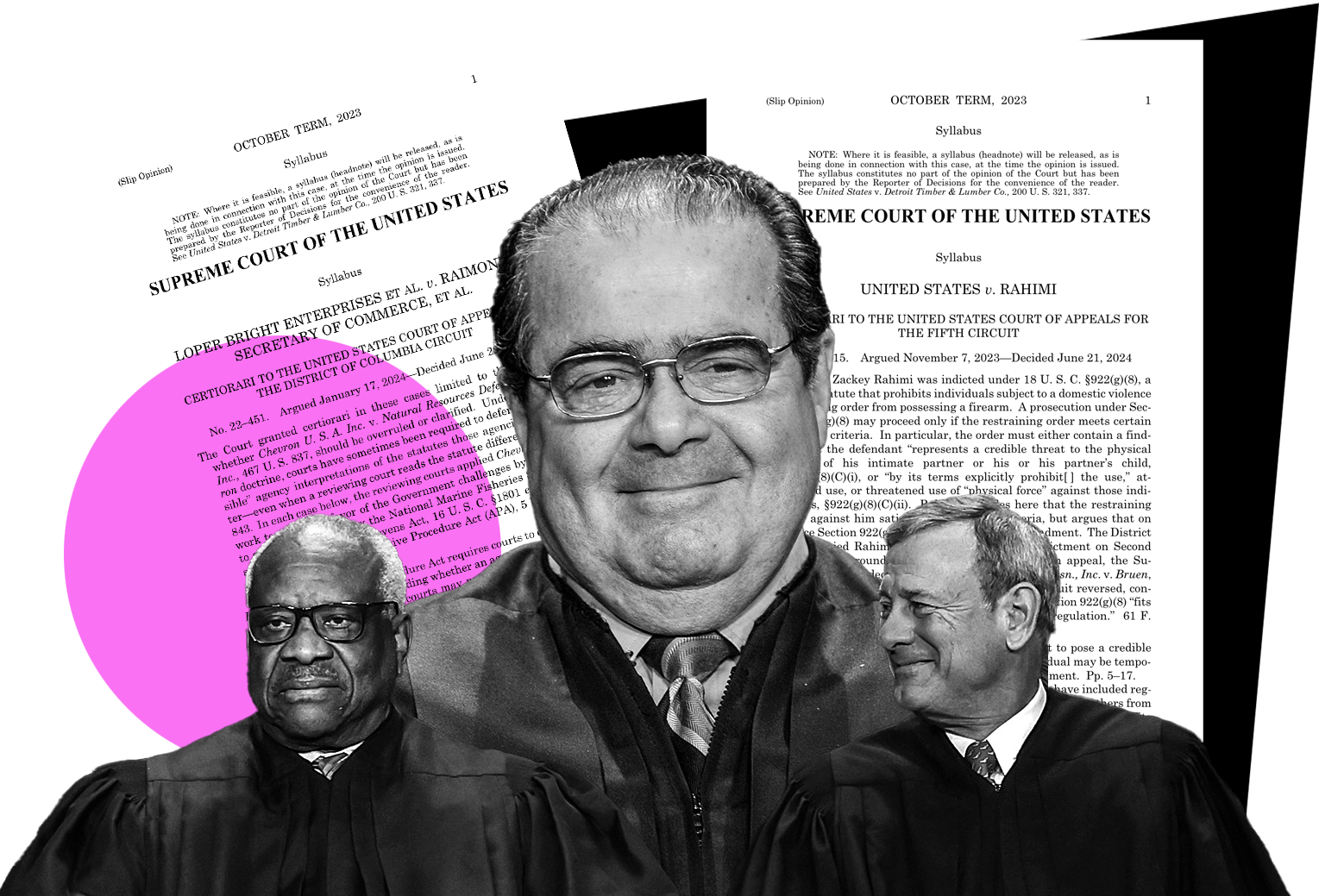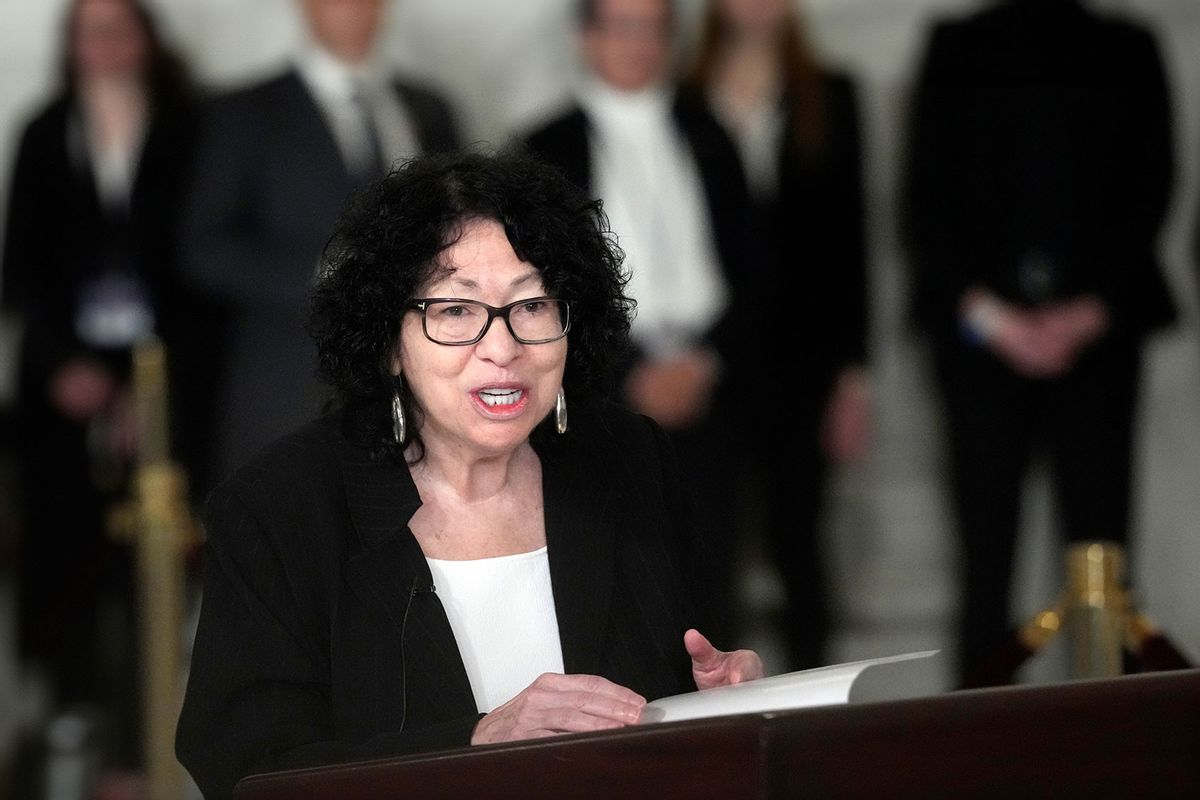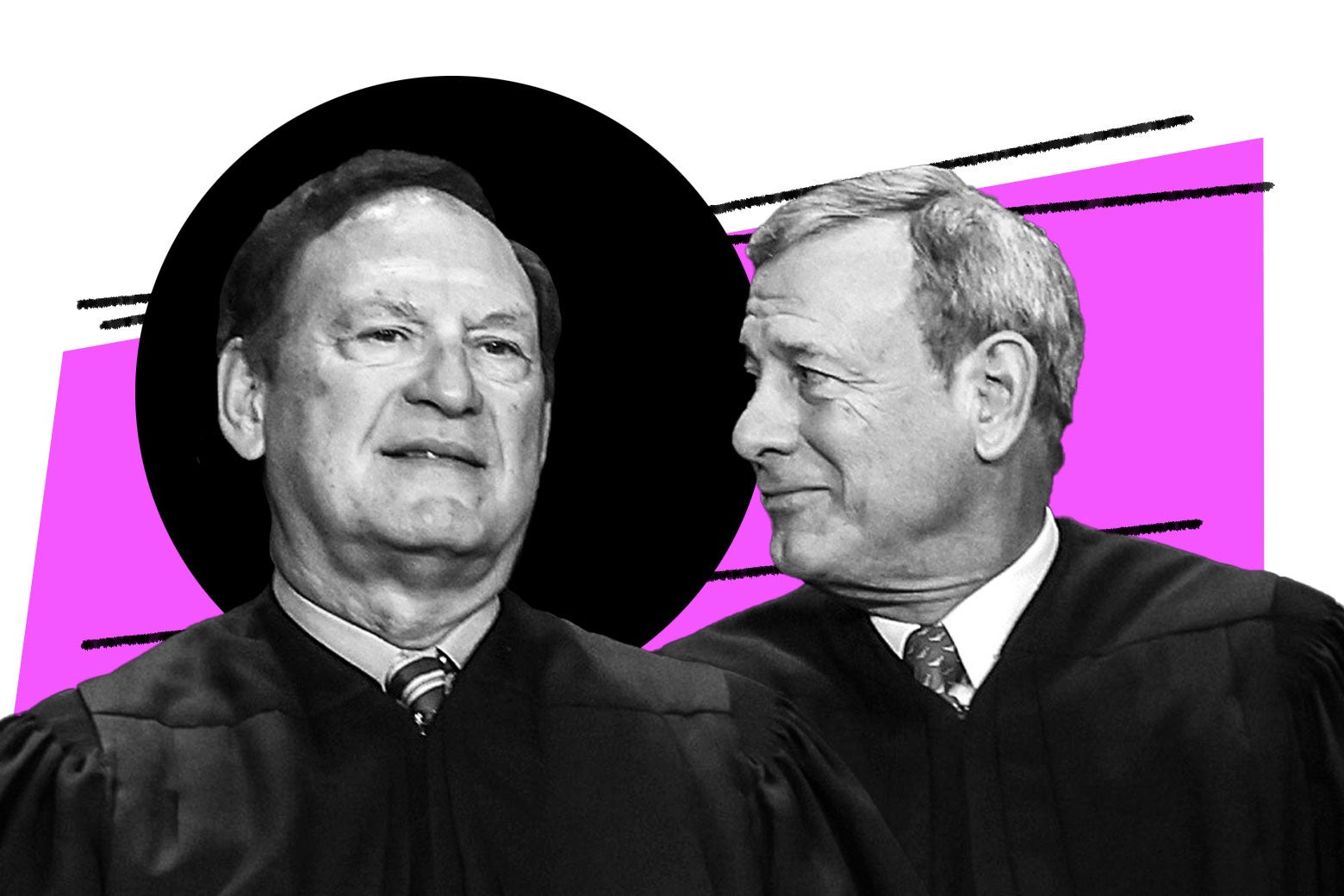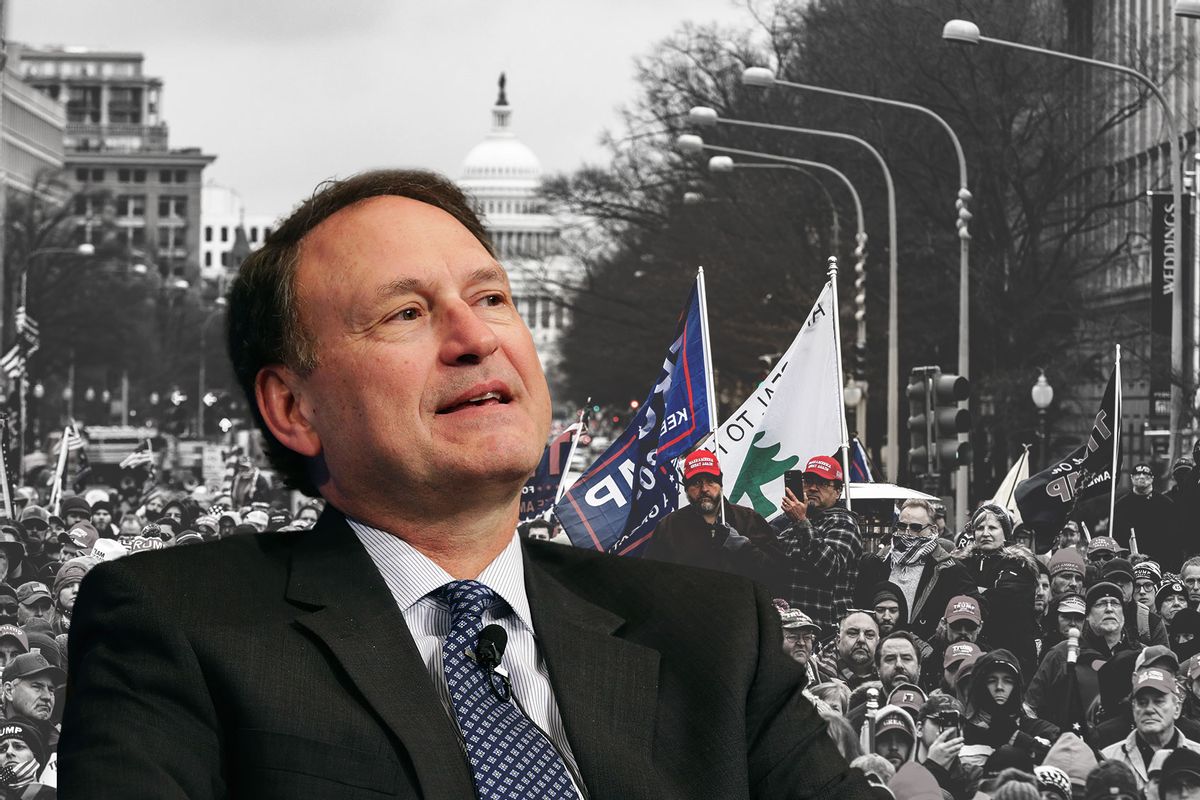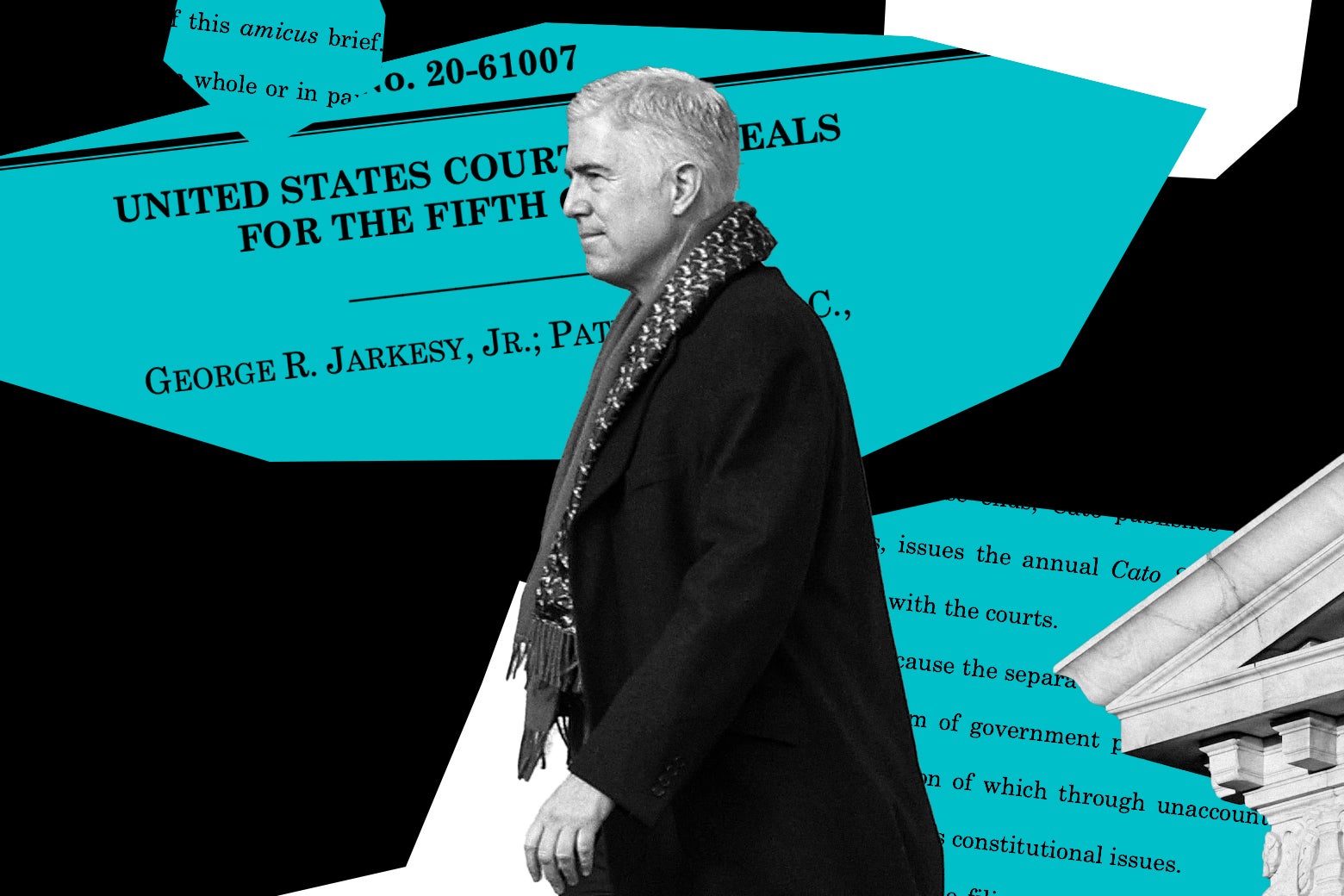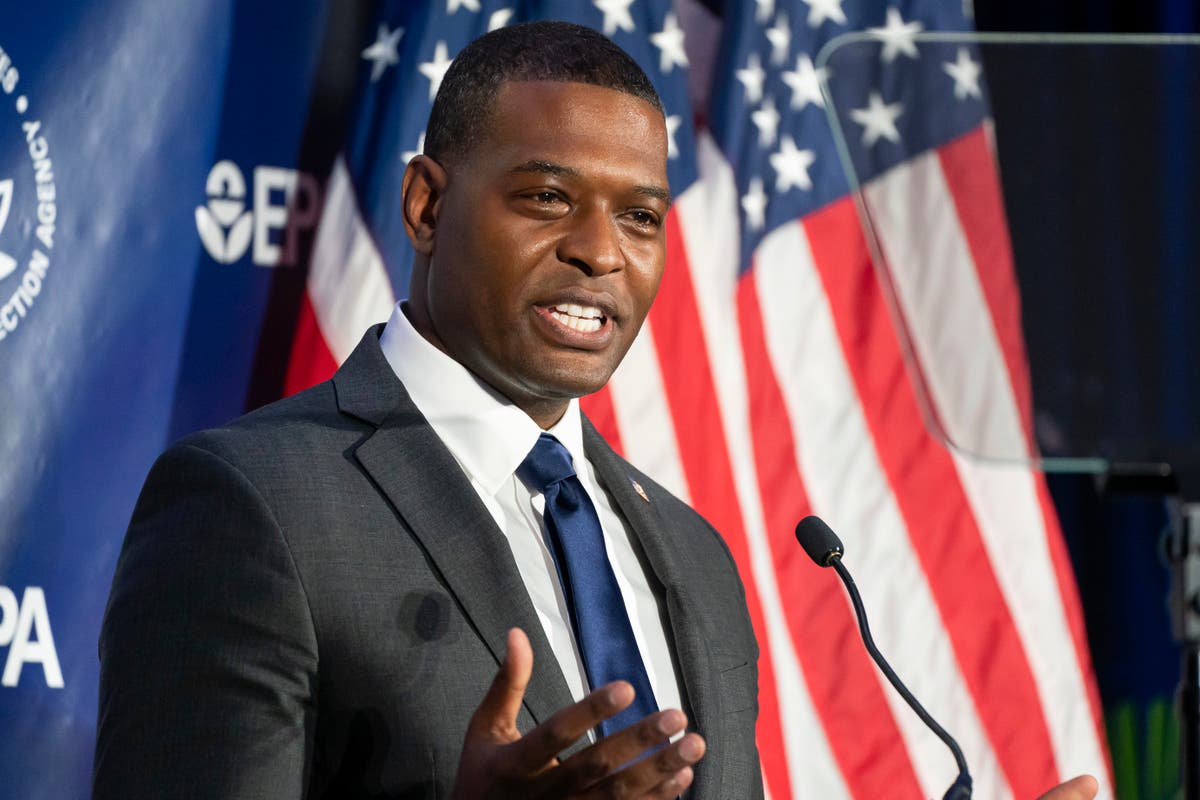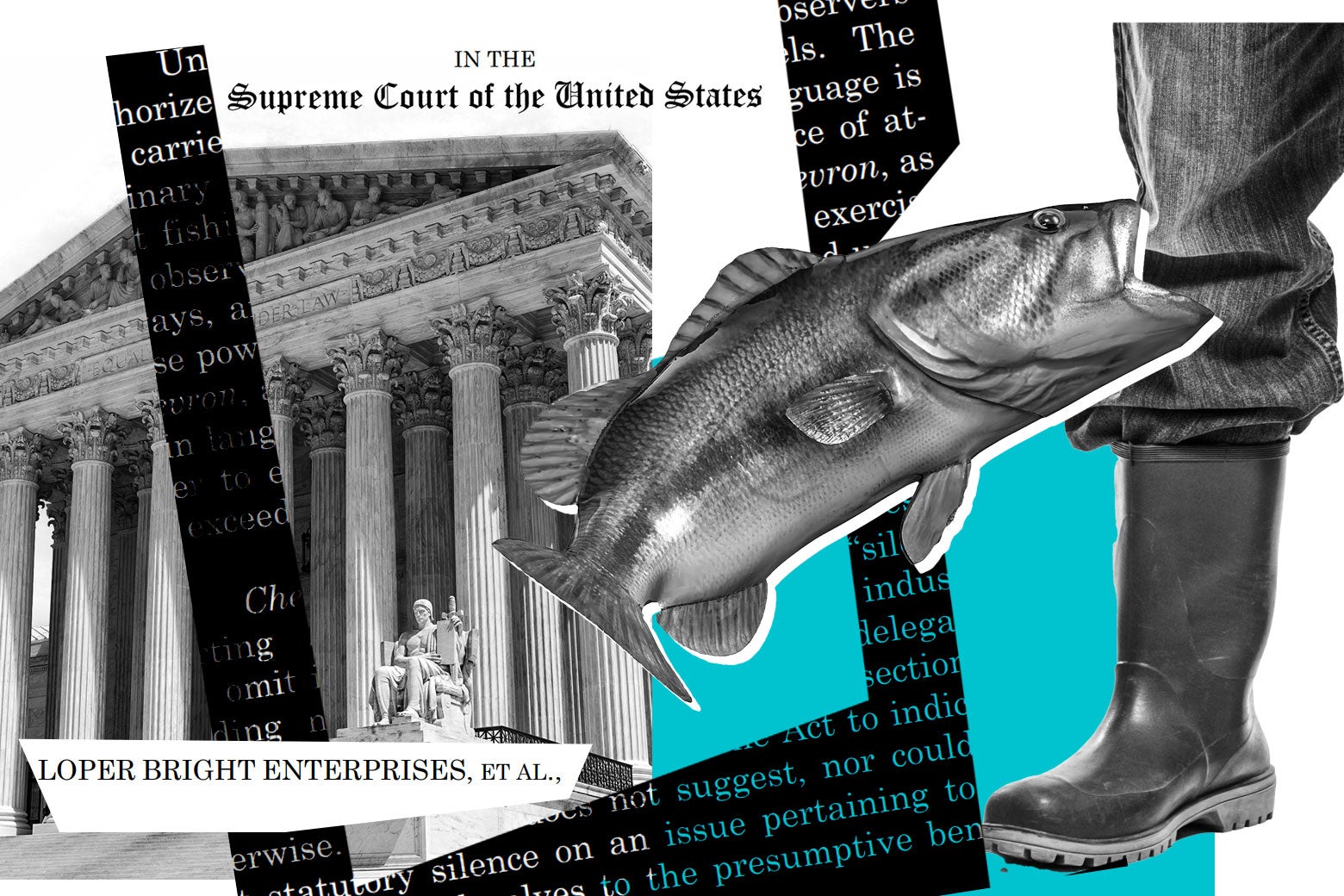
SCOTUS Gutting Chevron Doctrine Is As Bad As It Sounds
Huff PostLOADING ERROR LOADING This article is part of HuffPost’s biweekly politics newsletter. Friday’s ruling upended what’s called the “Chevron doctrine,” a long-standing legal principle that gave federal agencies broad discretion to interpret the instructions Congress hands them for writing rules and regulations. Under the Chevron doctrine, which dates back to a 1984 Supreme Court ruling involving the Chevron oil company, agencies had wide leeway to interpret lawmakers’ instructions and proceed accordingly. As Paul explains in his analysis, the decision represents “a major power grab by the judicial branch, which will now play a bigger role as the final arbiter over which new regulations are allowed to stand and which will be struck down.” Friday’s ruling comes just one day after yet another opinion limiting the power of federal agencies, and two years after a major case that restricted the EPA’s authority. “After forty years of Chevron deference, the Supreme Court made it clear today that our system of government leaves no room for an unelected bureaucracy to co-opt this authority for itself.” But judges have even more freedom to defy public opinion, as this conservative court has done a lot lately ― most famously two years ago in its Dobbs decision, which eliminated the federally guaranteed right to abortion.
History of this topic

Federal courts 'not likely to be sympathetic' to Musk’s proposed budget cuts: legal expert
Raw Story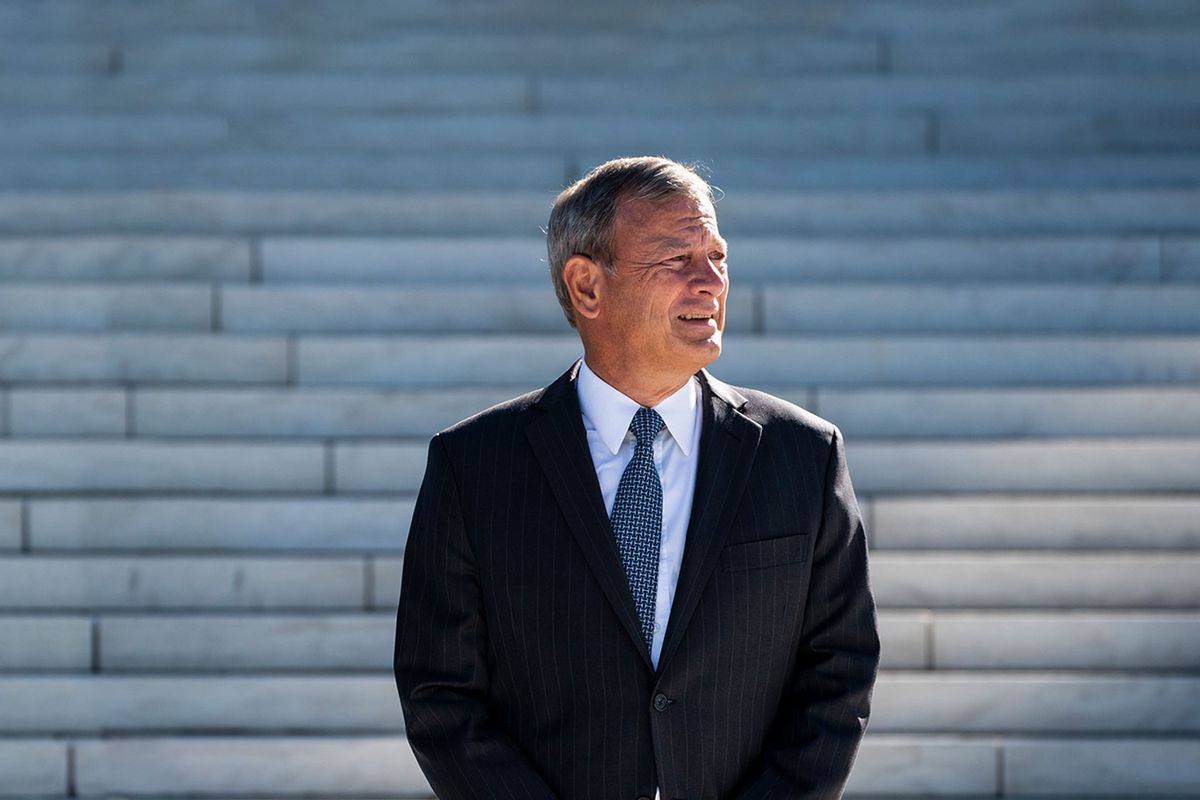
Legal experts warn SCOTUS rulings leave public vulnerable to "horrible abuses" by big business
Salon
Chevron deference overturned: Federal regulatory agencies and experts lose oversight to courts.
Slate
Column: With its ‘Chevron’ ruling, the Supreme Court claims to be smarter than scientific experts
LA Times
The Supreme Court just ended ‘Chevron.’ What does that mean and how far will its impact reach?
The IndependentChevron takeaways: Supreme Court ruling removes frequently used tool from federal regulators
Associated Press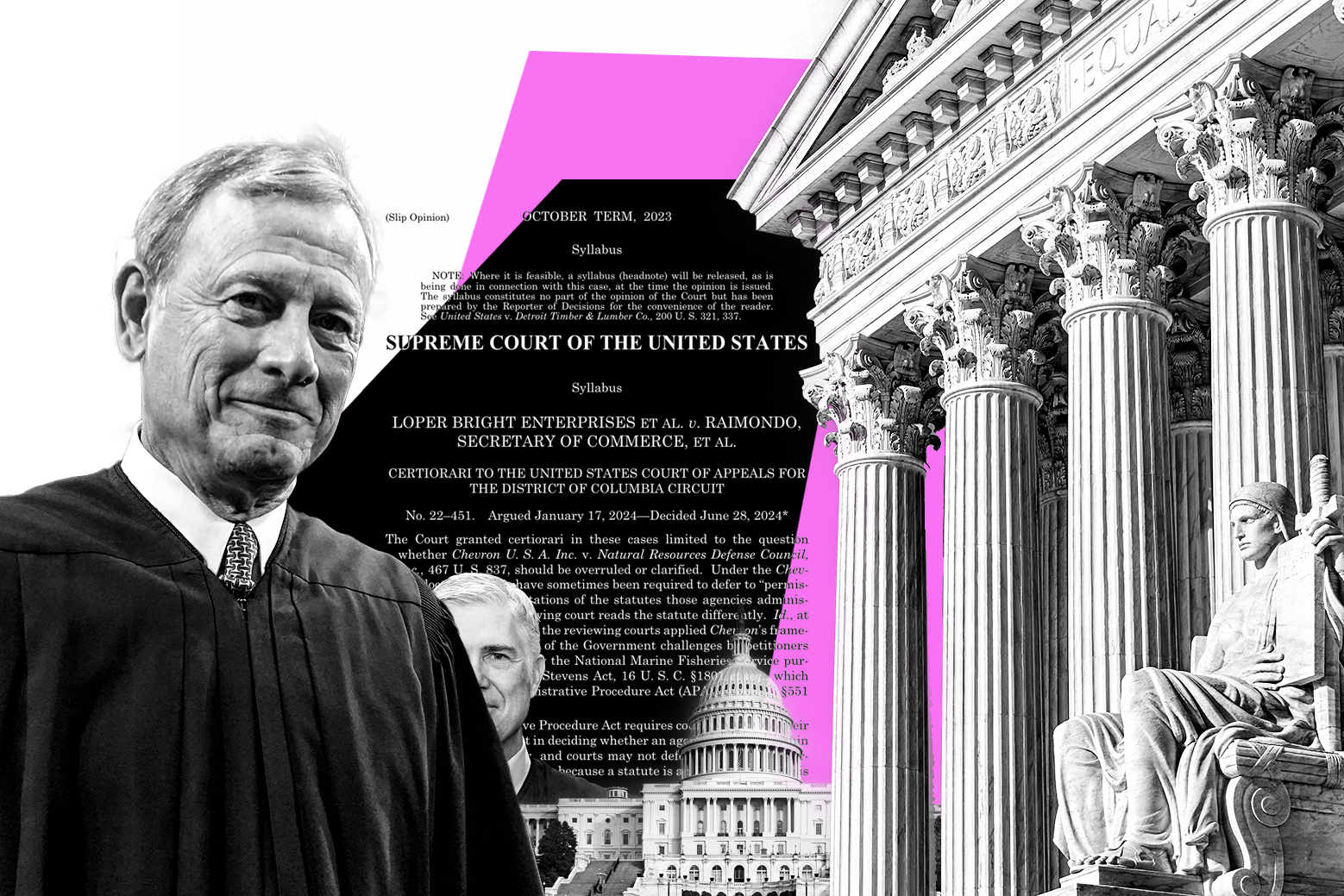
Elena Kagan Is Horrified by What the Supreme Court Just Did. You Should Be Too.
Slate
'If only Americans understood how bad': Experts appalled at Friday Supreme Court ruling
Raw StoryWhat it means for the Supreme Court to throw out Chevron decision, undercutting federal regulators
Associated Press
Supreme Court strips federal agencies of decades-old power in new ruling
Raw Story
Supreme Court Power Grab Overturns 40-Year Precedent In Huge Win For Corporations
Huff PostThe Supreme Court weakens federal regulators, overturning decades-old Chevron decision
Associated Press
US Supreme Court weakens federal regulators in boost for business
Al Jazeera
In big win for business, Supreme Court dramatically limits rulemaking power of federal agencies
LA Times
Opinion: The Supreme Court’s purely ideological reasoning will change our lives
LA Times
Chevron SCOTUS Case Holds Hints For Second Trump Presidency
Huff Post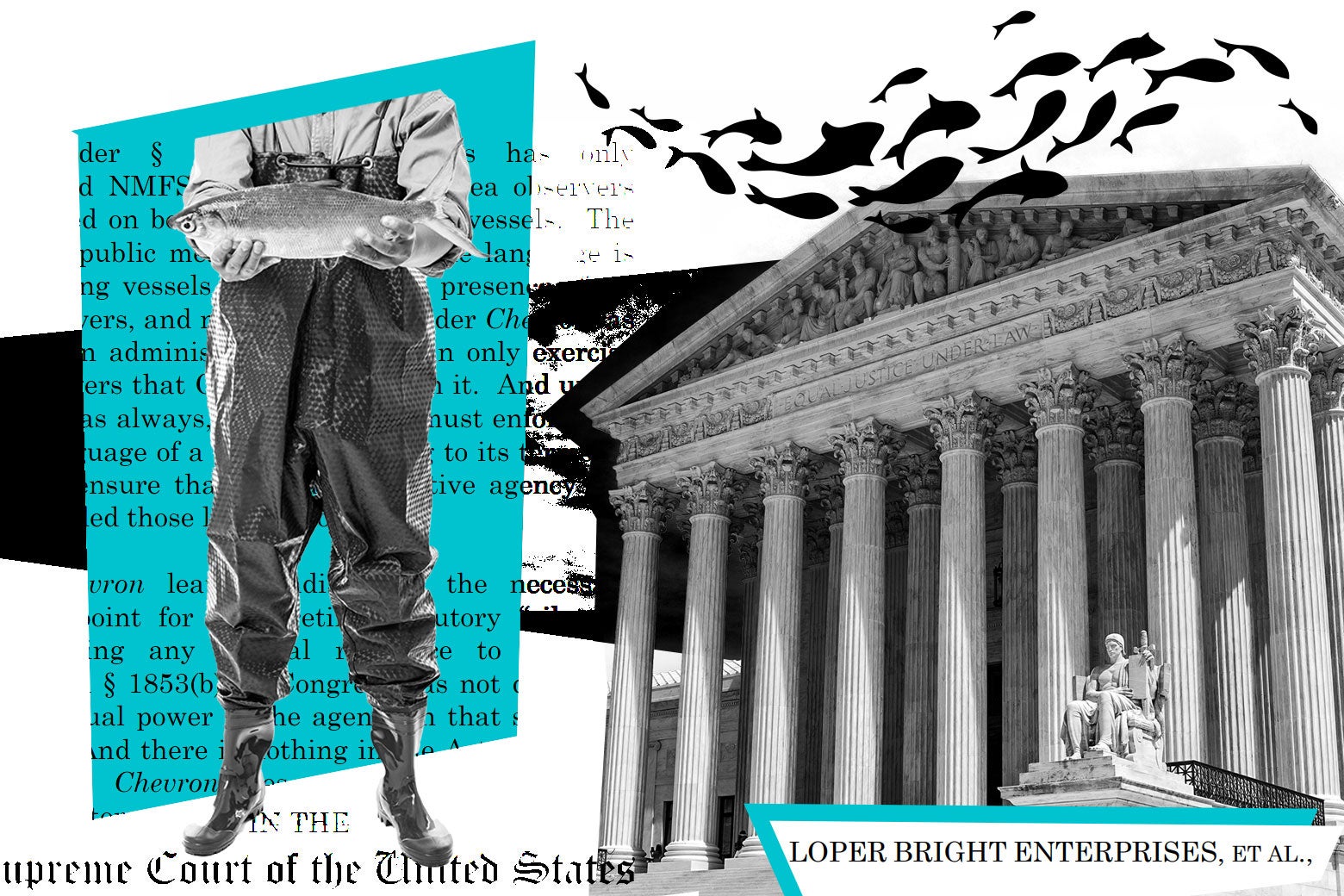
The Supreme Court Is About to Seize Way More Power From Democratic Presidents
SlateThe Supreme Court wrestles with major challenges to the power of federal regulators
Associated Press
Opinion: If the Supreme Court kills the Chevron doctrine, corporations will have even more power
LA TimesDiscover Related


